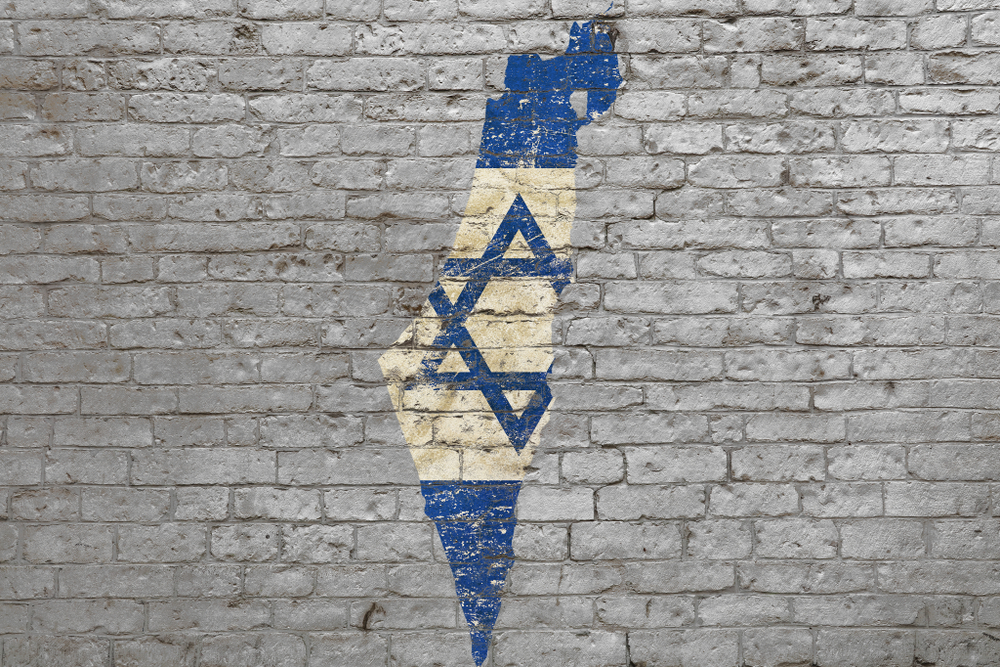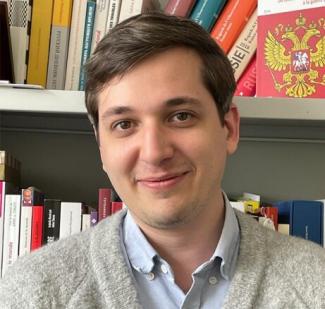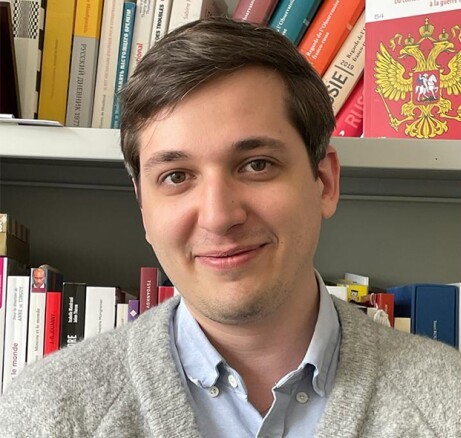France Links Conversation in Russian to Star of David Graffiti
After more than 200 blue stars were stenciled on buildings in and around Paris, prosecutors say they are investigating whether a foreign intermediary paid a couple to spray paint them.

French prosecutors are investigating whether a foreign intermediary was behind the painting of more than 200 blue Stars of David on buildings in and around Paris last month amid a surge of antisemitic acts in Europe since the start of the Israel-Hamas war.
[...]
Laurent Nuñez, the Paris police prefect, told the news channel BFMTV last week that the graffiti case was “atypical” and that it stood out from other antisemitic acts over the past few weeks because it was more widespread and appeared “coordinated.” Mr. Nuñez declined to comment directly on possible Russian involvement but suggested that interference from a foreign actor trying to undermine French social cohesion was possible.
“Do they want to divide us even more, try to shatter national unity even more?” he said. “That isn’t completely ruled out.”
Dimitri Minic, a research fellow specializing in Russia at the French Institute of International Relations, a research organization in Paris, said that “Russian involvement in the graffiti was credible, if not yet proven”.
“Russia has a wealth of experience in trying to undermine Western countries”, Mr. Minic said, “including by manipulating antisemitism, which still permeates Russia’s political and military elites. In the late 1950s and early ’60s, for instance, the K.G.B. orchestrated the painting of swastikas and antisemitic slogans in West Germany to spark anti-Jewish sentiment and tarnish the country as neo-Nazi”, he said.
“Psychological and informational warfare through covert actions is still a central part of Russian military methods”, he added, “including by manipulating themes that are sensitive in France because of its large Muslim and Jewish populations and because of existing antisemitism on the French far left and far right”.
“Actions like the graffiti could help Russia distract attention from Ukraine and feed rifts in Western societies by heightening tensions around the Israel-Hamas war”, Mr. Minic said, “as part of a longer-term strategy of subversion designed to radically alter the political course of certain Western countries deemed key by Moscow.”
[...]
> Read the article in The New York Times

Media:
Share





